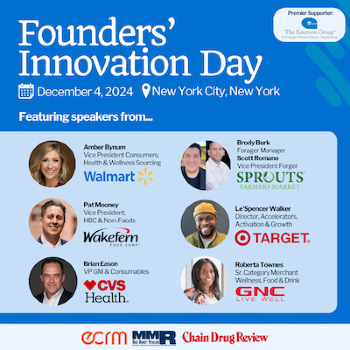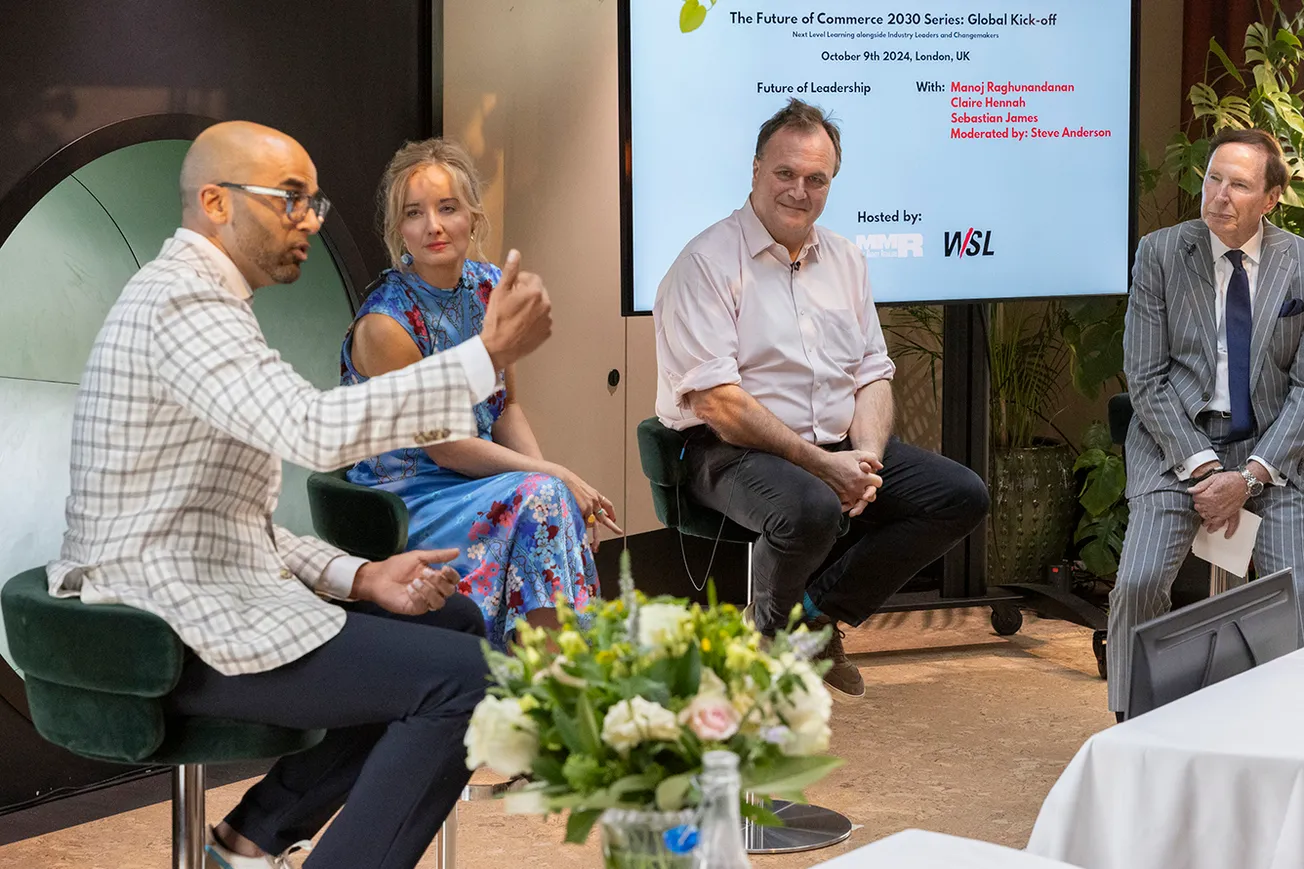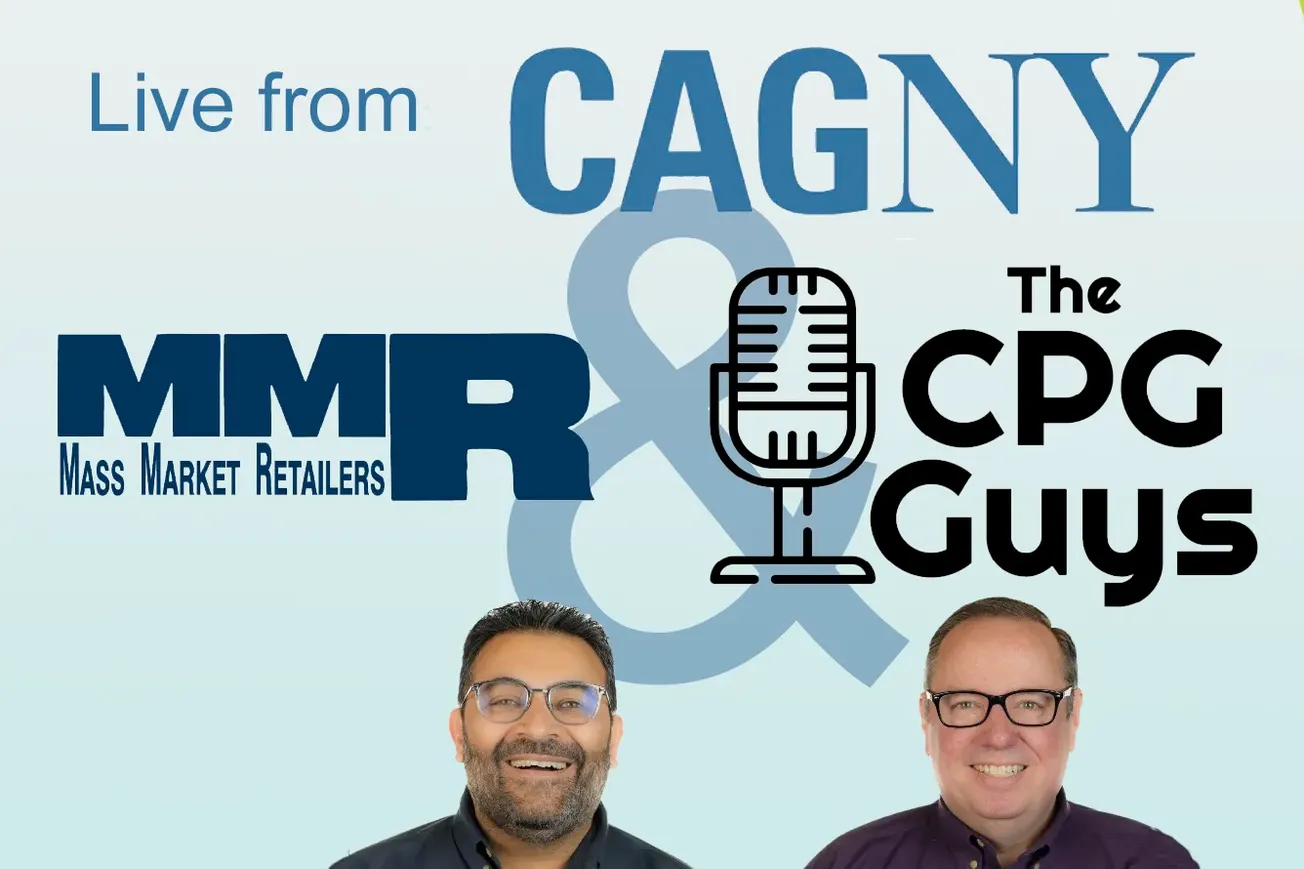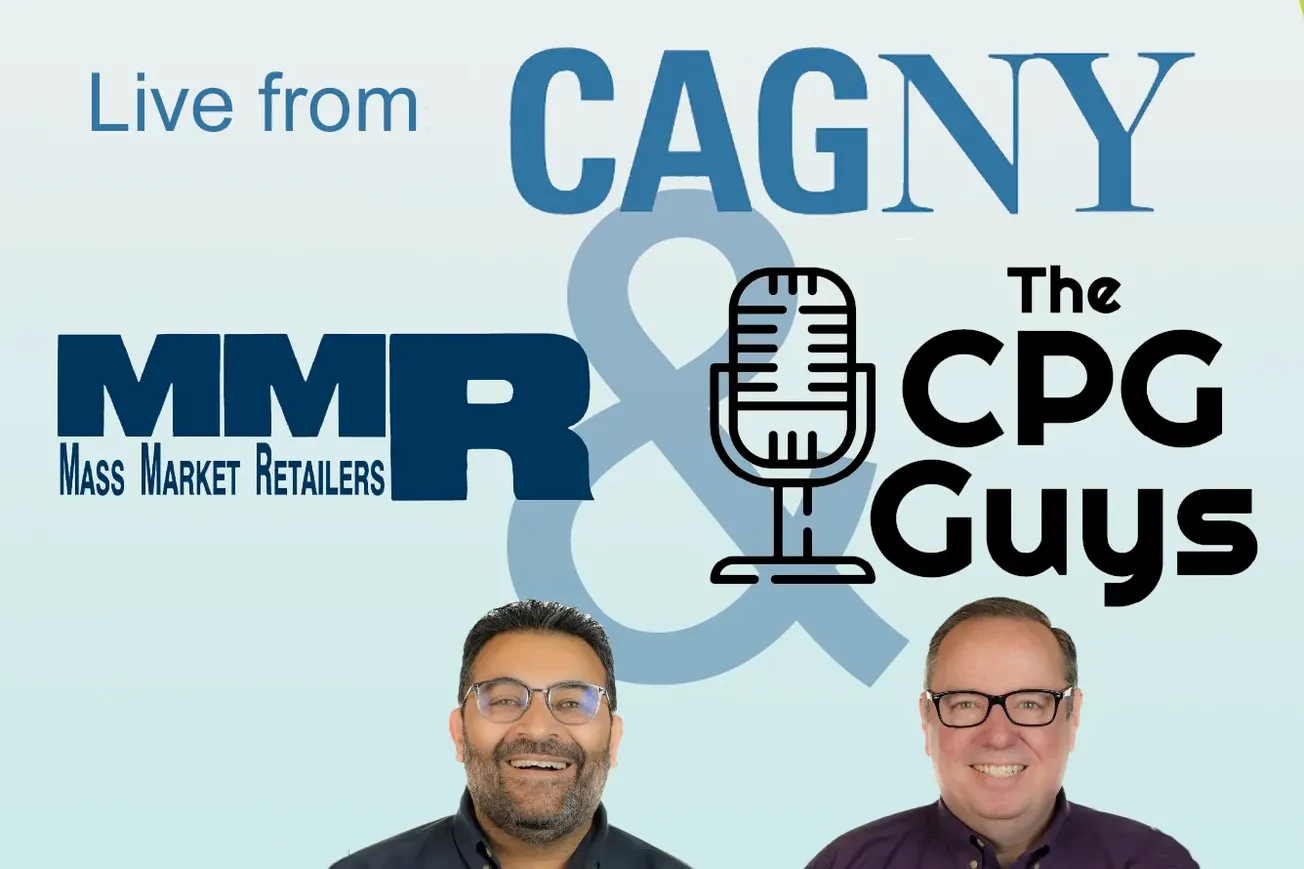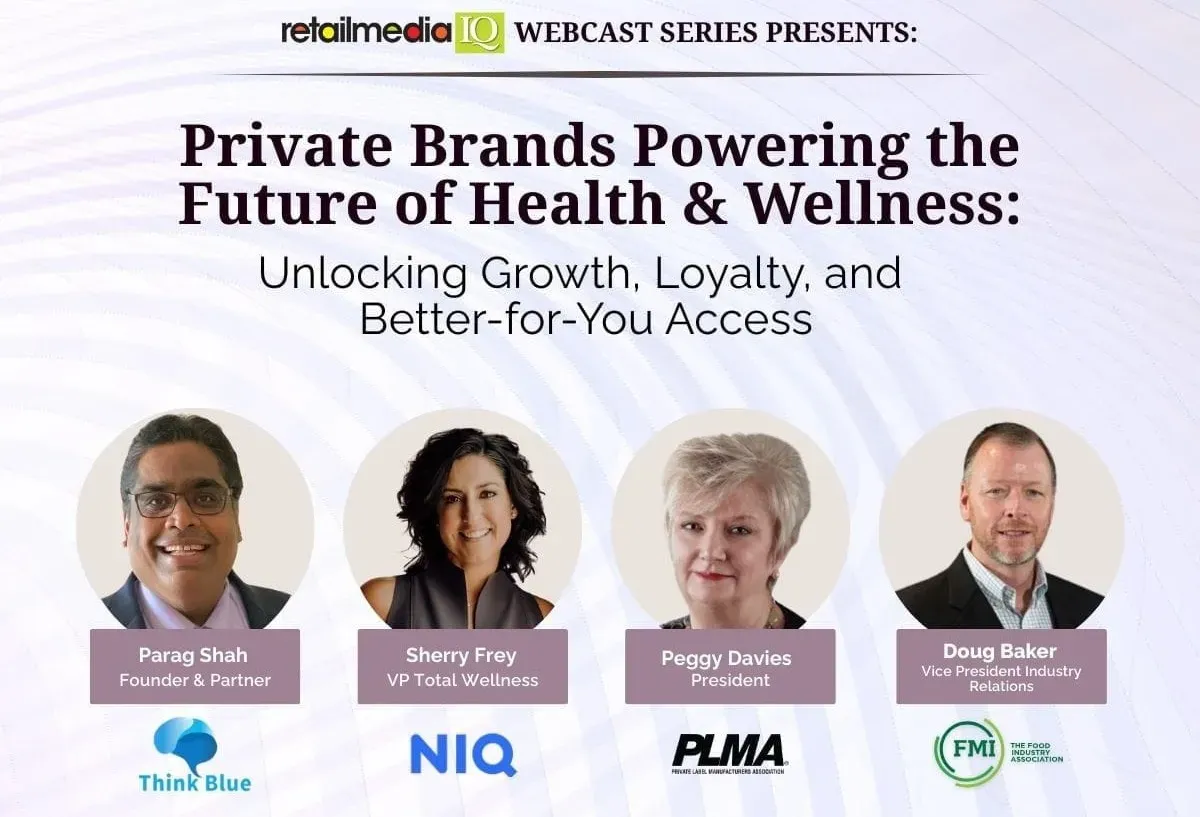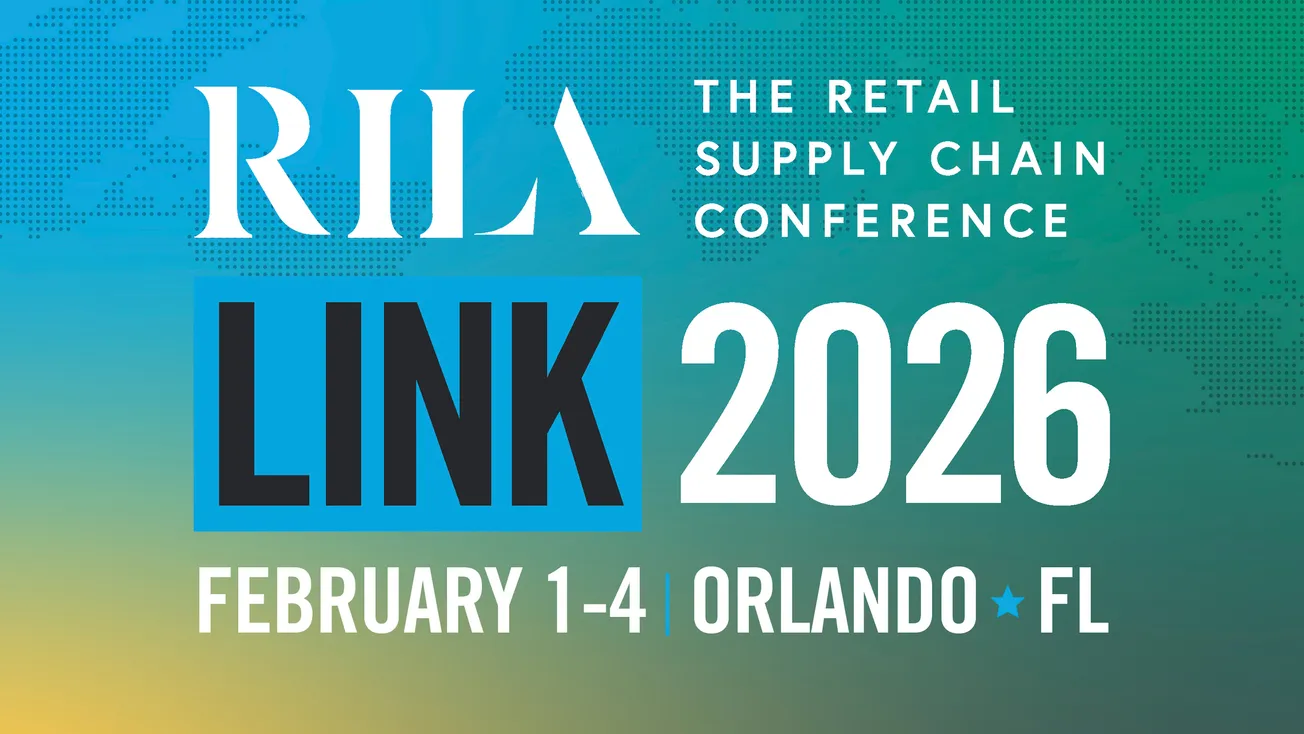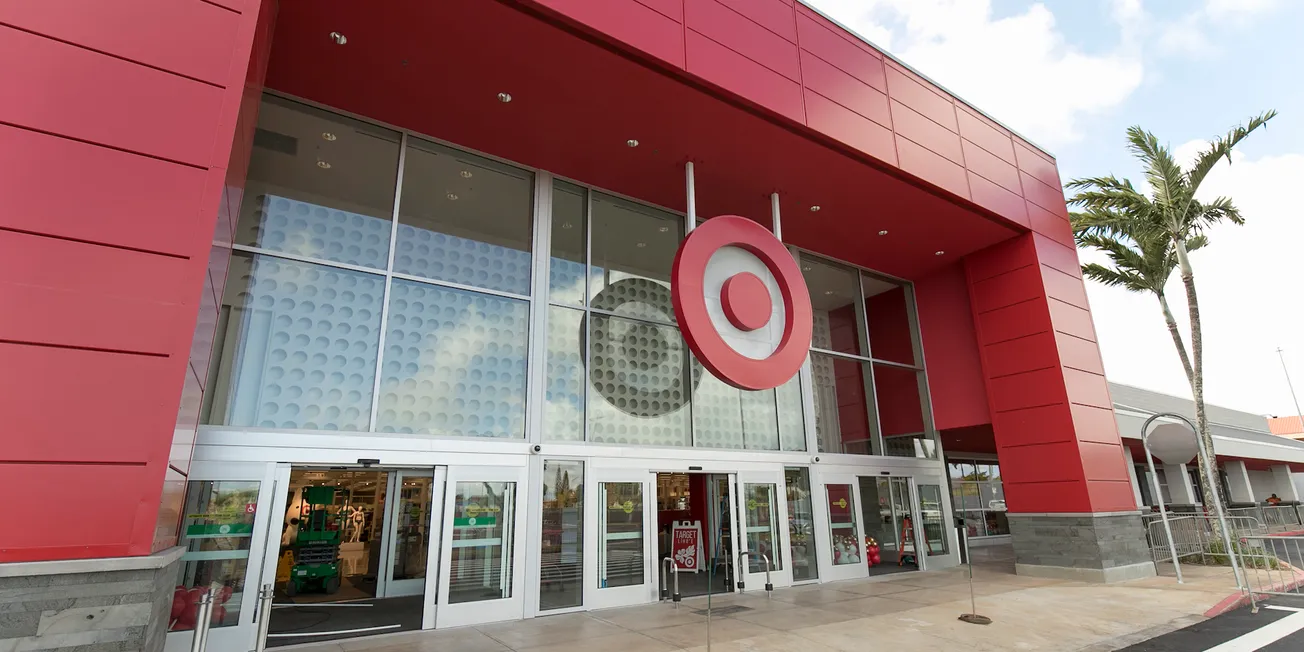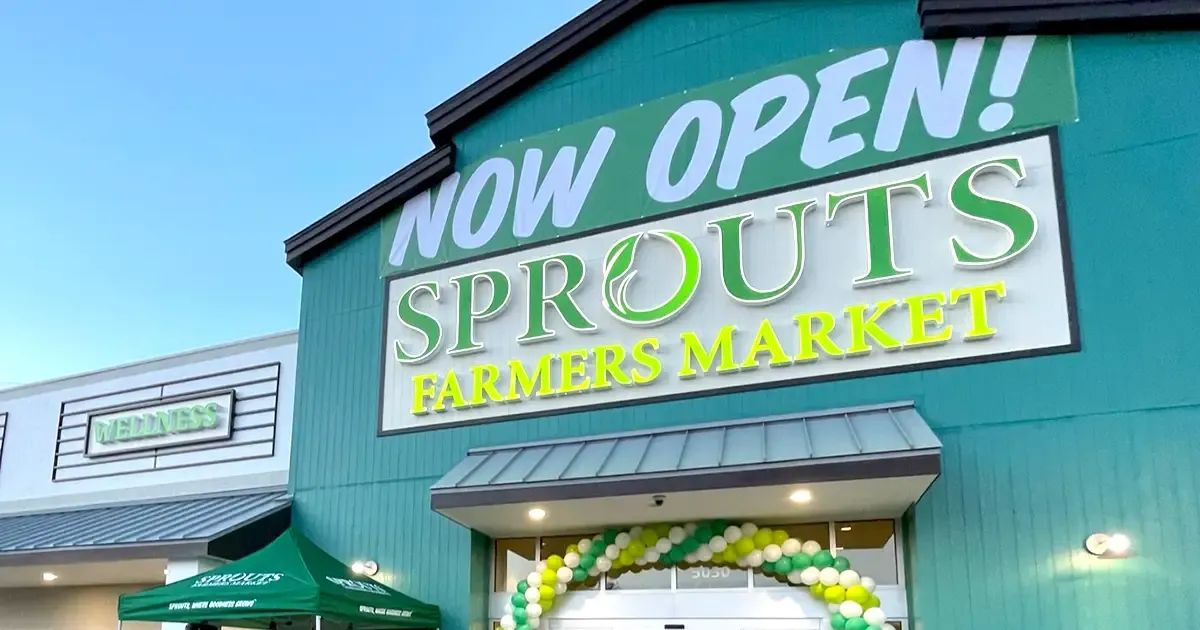LONDON — The Emerson Group’s Future of Commerce 2030 Session held here last week wrapped up with a lively and penetrating panel discussion of leadership that probed such issues as leadership and culture, culture and strategy, and generations and culture.
The panel moderator, Steve Anderson, president and chief executive officer of the National Association of Chain Drug Stores, ignited the discussion by recalling a famous alleged quote by business guru Peter Drucker to the effect that culture eats strategy for breakfast.
The panelists, who included Claire Hennah, chief customer and digital commerce officer for Unilever; Sebastian James, managing director of Boots PLC; and Manoj Raghunandanan, managing director for northern Europe of Kenvue, all concurred that culture is in fact important, but differed on how leaders, and leadership, can shape culture and how culture can shape strategy.
Raghunandanan stressed that culture and strategy have to be in sync for an organization to be successful. “If you say we’re going to be a company that's going to be all about innovation, and we’re going to deliver innovation all the time and that’s how we’re going to win, I really hope you have an innovative culture to go with that because, if not, how are you going to match that strategy?” he asked.
James, on the other hand, noted that Boots was about 135 years old when he joined the company, and he expressed doubt about the degree to which leaders can create or even change long-standing cultures. “There is no way of making a culture, I don’t think,” he said. “Cultures form themselves and are extremely hard to displace, extremely hard to change. The question is what power do we have as leaders to try and influence that? I think it’s back to rewarding those behaviors you want to see and you do get trickle-down — and it’s incredibly slow.”
Hennah pointed out the importance of simplifying incentives and rewards and not overwhelming employees with too many key performance indicators (KPIs) as the basis of their evaluation. “If we create too much complexity, you just can’t translate that into driving the business in the right way,” she said. “So I think simplicity, understanding human behavior, rewarding that behavior, but creating the right systems — because technology does play a role in certain areas to make that behavior more systemic in the organization.”
Anderson commented that the situation is further complicated by the multiple generations that make up the present workforce and noted that the stress experienced by young workers has become a mental health issue that perhaps needs to be addressed by company leaders. Raghunandanan responded emphatically.
“No matter what generation you’re from, the empathy and vulnerability quotient in leaders needs to be a lot higher than it ever has been before,” he said. “And empathy is very different than sympathy, right? Empathy is a simple thing of meeting people where they are. And you as a leader, how well have you created an environment where you are taking that empathy and you’re meeting your people where they are?”
